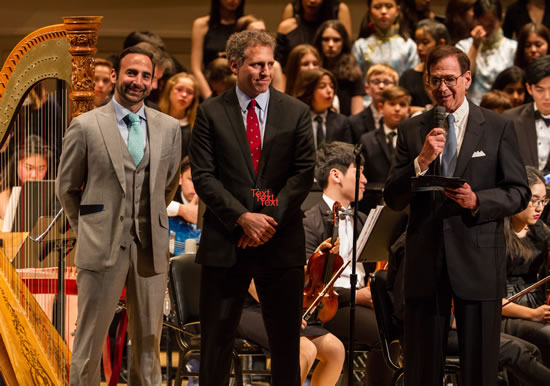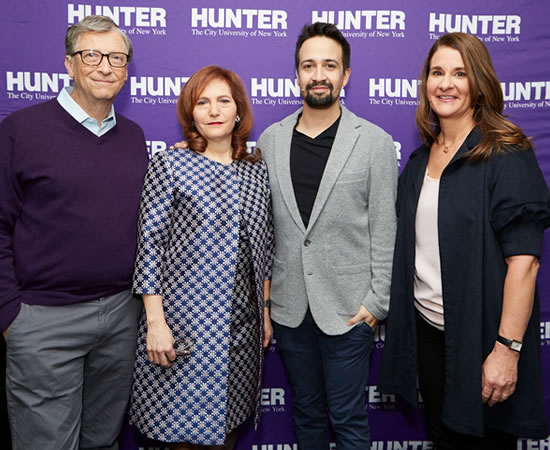By Robert Atkins, Chief Executive Officer, Gray Associates, Inc.
A labor shortage in science and technology-based fields has led U.S. institutions of higher learning to put greater emphasis on their STEM (Science, Technology, Engineering, Mathematics) programs. In some instances, institutions are emphasizing STEM at the expense of their liberal arts programs. This is shortsighted.
While solid technical skills are a must for students looking for careers in high-paying, specialized fields such as health care and technology, they aren't likely to lead to good jobs by themselves. Increasingly, employers are also demanding that candidates have strong business and office "soft skills."
A foundation in the liberal arts helps job seekers acquire these skills and can give them an edge. Schools that produce well-rounded candidates are likely to have higher placement rates, which, in turn, will help them attract more - and better-prepared - students.
For example, the primary work activities that fit best with jobs in computer science are "design data processing systems," "write computer programs or code," and "design data security systems." These work activities are all technical.
But, when speaking with potential employers about the skills gap for computer science grads, they cite weak soft skills as the main reason a candidacy is discontinued. An employer who hires 1,400 computer science grads annually stated that candidates and schools tend to "brush the soft skills aside in pursuit of technical skills...candidates need more of the good old liberal arts."
Our consulting work focuses on helping colleges and universities evaluate their portfolio of academic programs to make decisions about which programs to Start, Stop, Sustain or Grow. Having helped dozens of institutions go through this process, we have found that the most successful schools are those that can provide the right mix of technical and soft skills training.
Even as colleges start and grow technical and career programs, they need to sustain their portfolios of liberal arts and communications courses. Technical training needs to be augmented with a foundation in the liberal arts as well as courses that develop the skills needed for success in the workplace.
Job placement rates influence enrollment. That is why successful schools highlight them on their home pages. They know that if their students are hired soon after graduation for good jobs in fields they have studied, they will attract more - and better qualified - applicants and improve their yield rate (percentage of admitted students who enroll).
Therefore, institutional leaders and faculty need to take a holistic approach to assessing their program and course offerings. A class in philosophy, for example, a program with few majors, could help students develop analytical and critical thinking skills needed to succeed in the physical sciences, engineering or mathematics.
Before applying, prospective students, their parents and guidance counselors should research what skills the student will develop as well as what programs the school offers. They should make sure the school provides adequate preparation in the soft skills in addition to solid technical training. Together, these fields of study make the student more marketable and better prepared to get ahead in the workforce. #
Gray Associates, Inc. (www.grayassociates.com) is a higher education consulting firm. We help clients develop fact-based institutional and marketing strategies to maximize outcomes for students, the school, and its constituencies. Gray uses proprietary analytical techniques and an industry-leading database combining information on inquiry volumes, demographics, competition, and employment, to help faculty and school leadership develop institutional strategies, select programs, pick locations, and prepare curricula.


